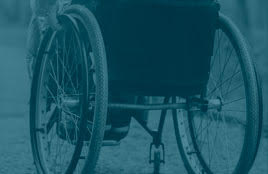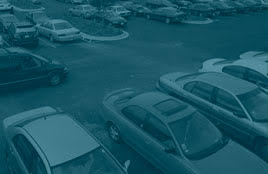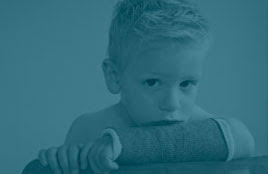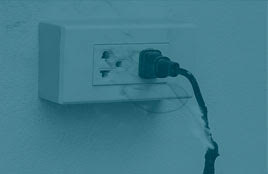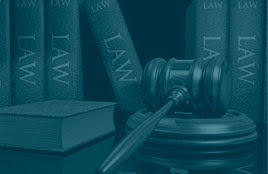Cerebral palsy (CP) is a group of disorders that affect a person’s ability to move and maintain balance and posture. CP is caused by abnormal brain development or damage to the developing brain that affects a person’s ability to control his or her muscles.
The symptoms of CP vary from person to person. A person with severe CP might need to use special equipment to be able to walk, or might not be able to walk at all and might need lifelong care. A person with mild CP, on the other hand, might walk a little awkwardly, but might not need any special help.
Causes and Risk Factors
Cerebral palsy is caused by abnormal development of the brain or damage to the developing brain that affects a child’s ability to control his or her muscles. There are several possible causes of the abnormal development or damage. In our practice at Kolsby Gordon, we often see CP as a result of perinatal/neonatal asphyxia, meaning the baby didn’t receive enough oxygen during the labor and/or birth process. This can be caused by many different things, such as, cord around the neck, breech birth, prematurity, placental separation, infection or meconium aspiration.
Early Signs
The signs of cerebral palsy vary greatly because there are different types and levels of disability. The main sign that a child might have CP is a delay in reaching motor or movement developmental milestones (such as rolling over, sitting, standing, or walking). The following are some other signs of possible CP. It is important to note that some children without CP also might have some of these signs, this is merely a guide and the best person to discuss any concerns you may have regarding your child is her or her pediatrician.
- In a Baby Younger than 6 Months of Age
- His head lags when you pick him up while he’s lying on his back.
- He feels stiff.
- He feels floppy.
- When held cradled in your arms, he seems to overextend his back and neck, constantly acting as if he is pushing away from you.
- When you pick him up, his legs get stiff and they cross or scissor.
- In a Baby Older than 6 Months of Age
- She doesn’t roll over in either direction.
- She cannot bring her hands together.
- She has difficulty bringing her hands to her mouth.
- She reaches out with only one hand while keeping the other fisted.
- In a Baby Older than 10 Months of Age
- He crawls in a lopsided manner, pushing off with one hand and leg while dragging the opposite hand and leg.
- He scoots around on his buttocks or hops on his knees, but does not crawl on all fours.
Diagnosing CP at an early age is important to the well-being of children and their families. Share any concerns you have with your child’s doctor or nurse.
Developmental Surveillance
Developmental surveillance – means tracking a child’s growth and development over time. If any concerns about the child’s development are raised during monitoring, then a developmental screening test should be given as soon as possible. If the results of the screening test are cause for concern, then the doctor should make referrals for additional developmental and medical evaluations. There is no cure for CP, but treatment can improve the lives of those who have the condition. It is important to begin a treatment program as early as possible.
After a CP diagnosis is made, a team of health professionals works with the child and family to develop a plan to help the child reach his or her full potential. Common treatments include medicines; surgery; braces; and physical, occupational, and speech therapy. No single treatment is the best one for all children with CP.
When a child is diagnosed with a disabling condition like CP, the whole family faces new challenges. Here are a few tips for caring for your child and yourself:
- Encourage any effort for your child to be independent, no matter how small.
- Be an advocate for your child. You are an important part of your child’s health care team. Don’t be afraid to speak out on your child’s behalf or to ask the difficult questions of your physicians, therapists and teachers.
- A good support system can make a big difference in helping you cope with cerebral palsy and its effects.
A diagnosis of CP can leave a parent devastated for their child and fearful for how they will cope with a lifetime of constant and expensive care for their child. If your child has been born with cerebral palsy that you believe may have been the result of medical malpractice, it is important to contact an experienced personal injury attorney as early as possible so they can help you determine your next step.


